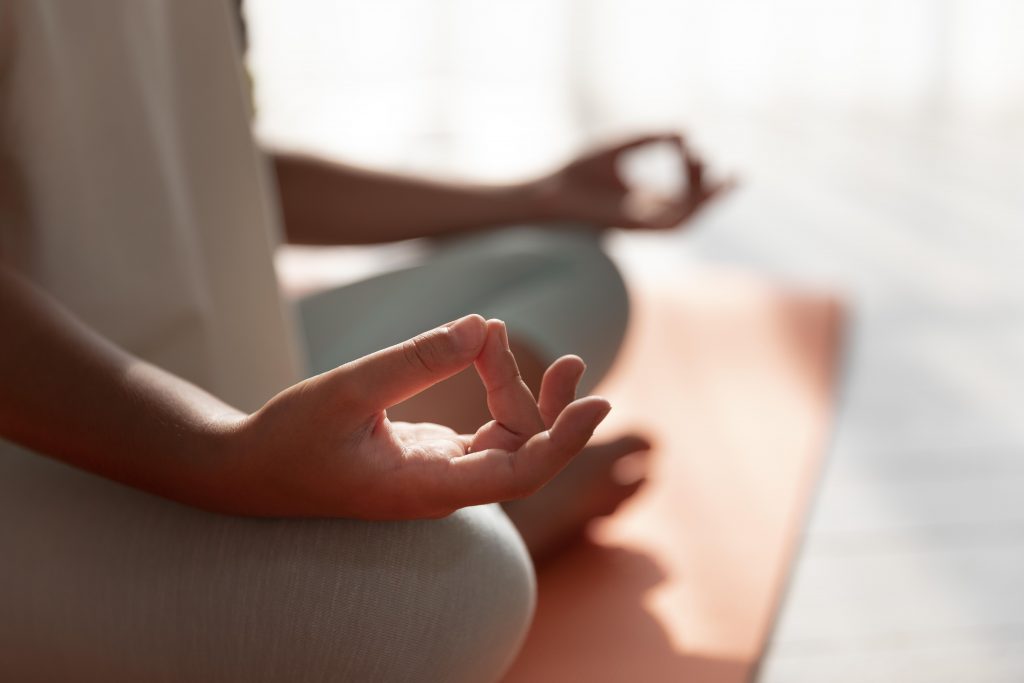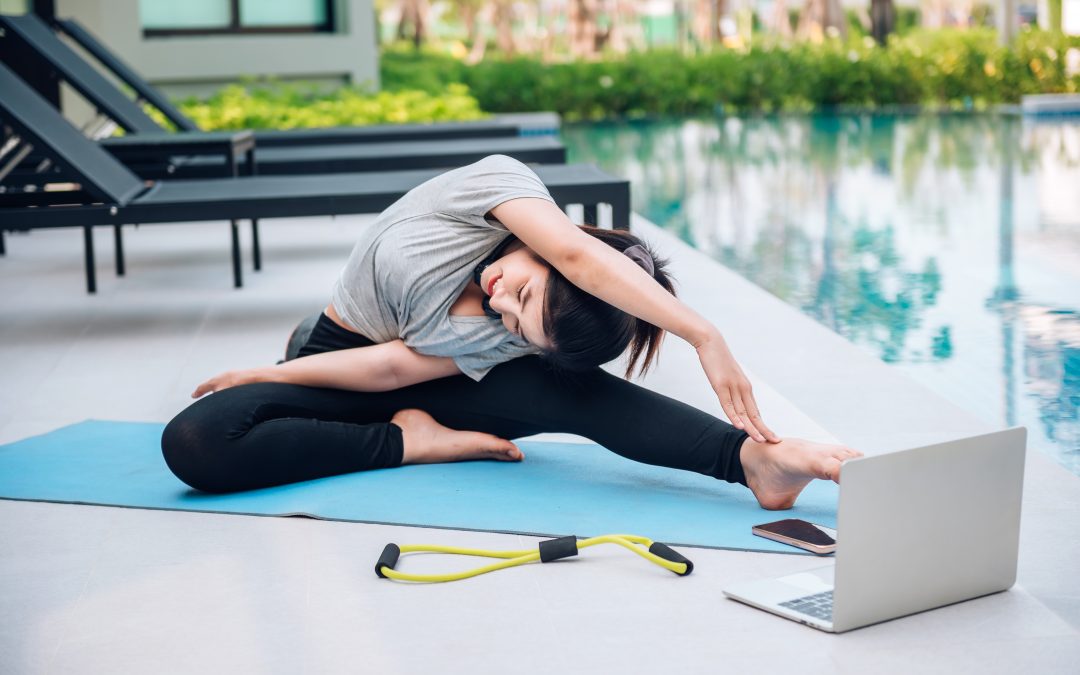We’ve all found ourselves in a low spot. It’s hard. We often wonder how we can get out of this situation or feeling. Learning to reduce stress and identify other areas of mental strain is necessary for everyone. There are many ways we can gain forward momentum, and one of them is by learning coping skills.

What are Coping Skills?
Coping skills are anything we can use to reduce or better manage our stress. Sometimes these skills help us through distraction, and others help by processing our thoughts or feelings. Coping skills are alternative ways to adaptively cope that do not provide negative consequences to ourselves or others.
Finding the right Coping Skills for You:
Our lives often contain multiple stressors that we have some control over. Solution-focused coping skills work by first identifying areas in our life that we can reduce or eliminate. For instance, we might be aware that our life is too hectic, so we can act to set boundaries by saying “no” more often. Another simple example could be to reduce the amount of news we take in daily. To help us decide what to reduce or eliminate, we can list our regular weekly activities and create a pros and cons list for each. Or, we can reflect on whether each area is giving us energy, if it is neutral, or if it is draining us. The goal here is to build a life with more areas that fill us up than deplete us or leave us feeling more stressed.
For stressors that we cannot eliminate, we can implement relaxing activities, shift our perspective, or use something that temporarily distracts or diverts our attention. Not all coping skills work well for everyone; choose a few that work best for you best.
Common coping skills include:
- Going for a walk or exercising
- Getting a massage
- Doing deep breathing
- Painting your nails
- Talking to a friend
- Journaling to gain a broader perspective
- Using art or music to express feelings
- Reading or listening to a book
- Reflecting on the positive
- Guided meditation
- Having a warm drink
Practicing these activities before we get over-heated is better than trying them only when we are in a crisis.

Coping Skill Cautions:
- Too much distraction: Pushing away our problems can be helpful in a crisis or as a temporary solution. However, identifying and finding solutions is better for our long-term health.
- Social Isolation: We are not all extroverts, but even introverts need healthy connections to thrive. Although it is sometimes tempting, avoiding people all the time will leave us feeling even more empty and stressed. Learning to rely on and ask for support is part of mental health and resilience.
- Holding our feelings in: Many of us have learned to keep our internal worlds, well, internal. But, when we stuff our emotions, they eventually cause even more issues. Learning to process our feelings regularly helps us de-stress.
When to Practice Coping Skills?
It can be challenging to start using new coping skills. Do you already have a method that works well for remembering to do new activities? For example, you could use sticky notes or a recurring phone alarm that signals you to practice. It is essential to know that coping skills are designed to be practiced when we are calmest. After some practice, you will notice that the coping skills are easier to recall in moments of stress.
Again, remember, not every coping skill will work for you, pick a few and give them some time to see if they help you before trying a new one. It is common to need some additional support to implement coping skills and find other relief methods. Reaching out to a counsellor at Crossroads Collective is another great option to help support you. We are on this journey together.
– Jamie Johnson

